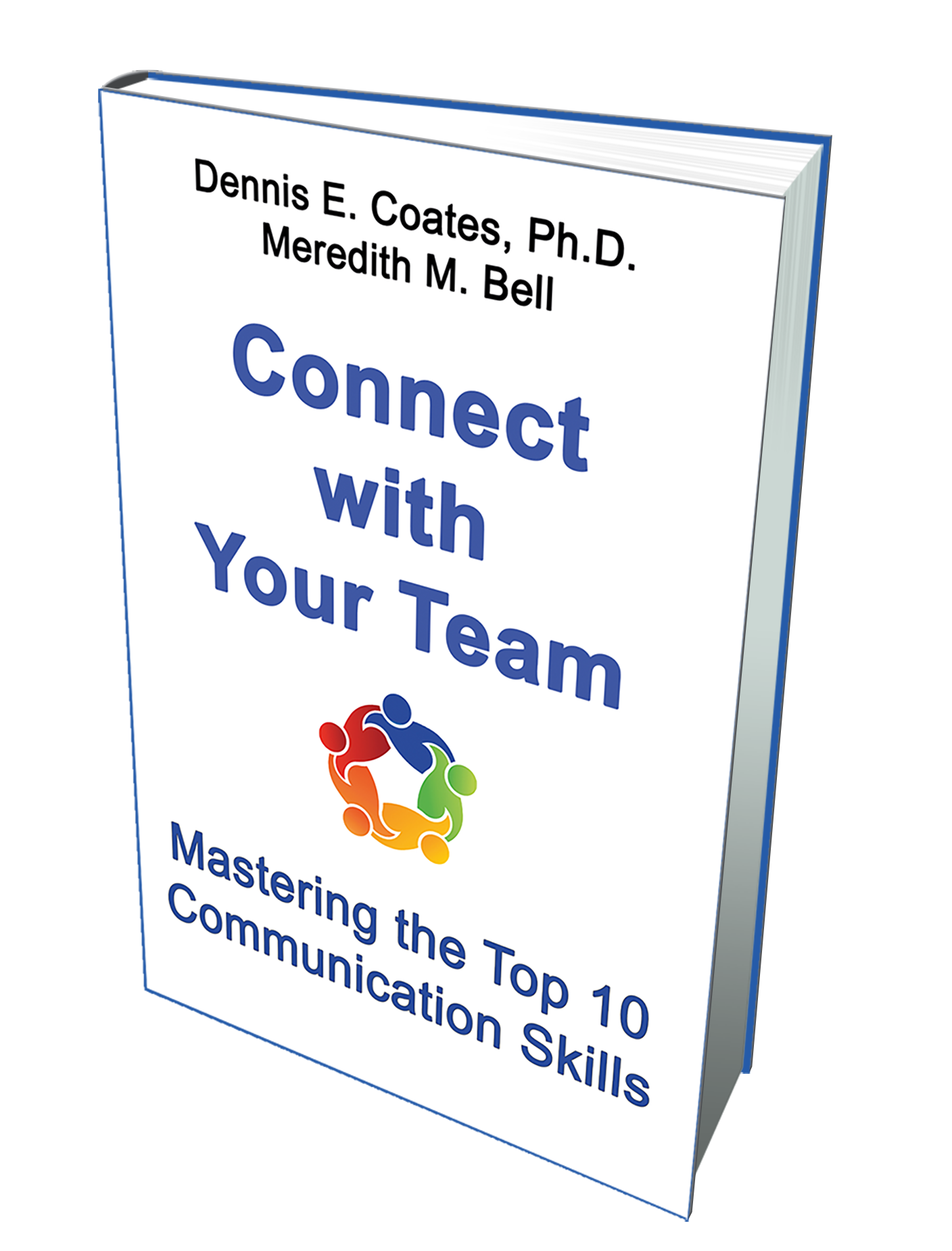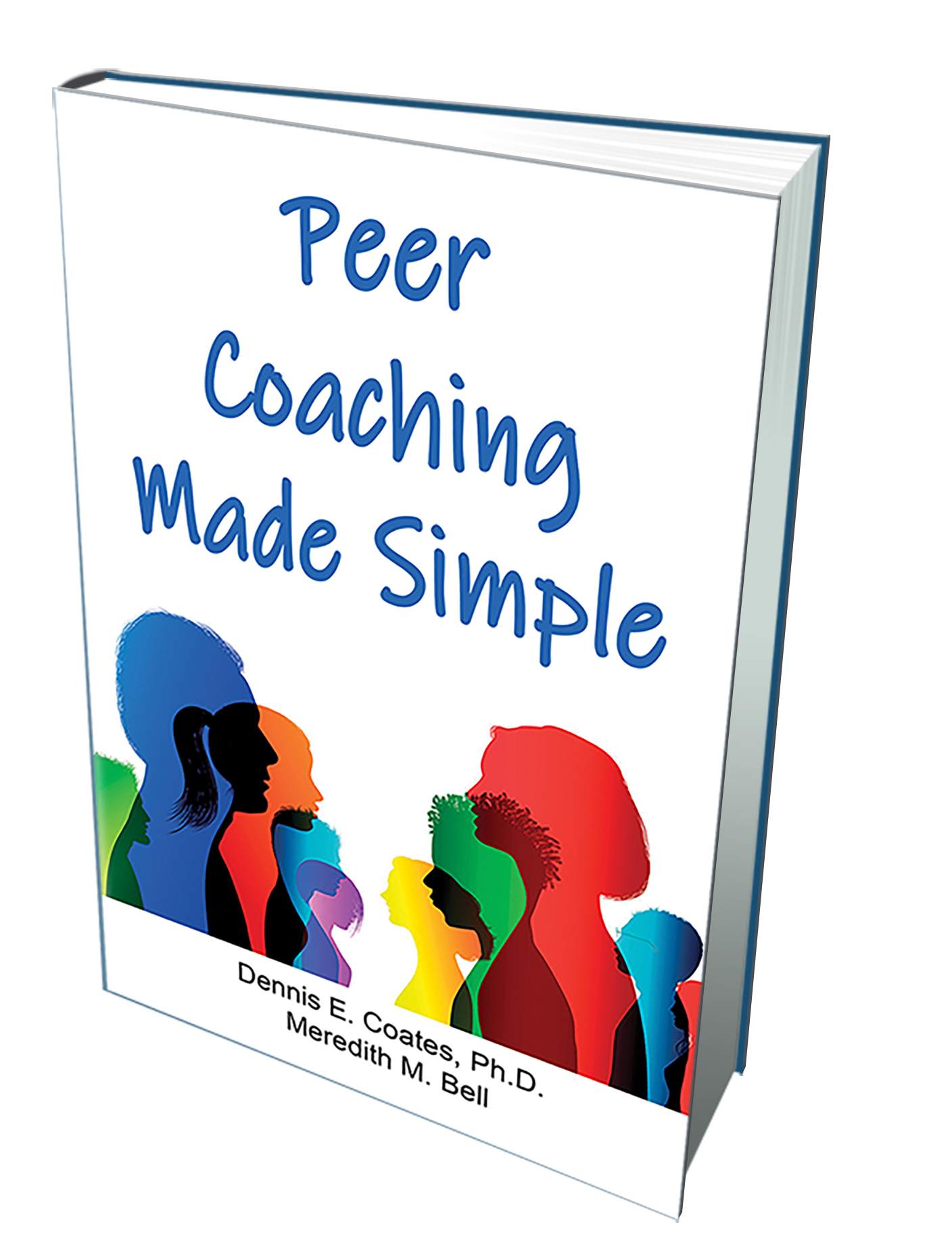
360: When 360 Feedback Becomes a Gift
360: When 360 Feedback Becomes a Gift
What if the feedback you’re most hesitant to receive is actually a gift? In this solo episode, I share what 360-degree feedback really is—and what it is not—drawing on more than 30 years of experience helping leaders use feedback as a tool for growth rather than judgment. I explain how 360 feedback works, why it must always be developmental, and how it helps people see both their strengths and their blind spots through the eyes of others.
I also share a personal story about 360 feedback I once received that surprised me—and ultimately helped me become a better leader. When we take the time to reflect on the data, share it openly, and make a genuine commitment to change, that’s where the real power of this kind of feedback lives. Used well, it builds trust, strengthens relationships, and supports meaningful, lasting growth.
Since 1994, my company, Grow Strong Leaders, has helped organizations use 360-degree feedback to support leadership development—not performance ratings or termination decisions. If you’re curious about using this technology in a way that truly supports growth, connect with me on LinkedIn or reach out through growstrongleaders.com.
You’ll discover:
- Why 360 feedback should always be developmental, not punitive
- How honest input from others reveals blind spots and strengths
- The importance of sharing your feedback and your intentions
- Why commitment—not data—is where real change begins
- How 360s build trust when used with humility and care
Watch the episode:
Meredith’s Resources
Website
Books
Connect with Your Team: Mastering the Top 10 Communication Skills

















